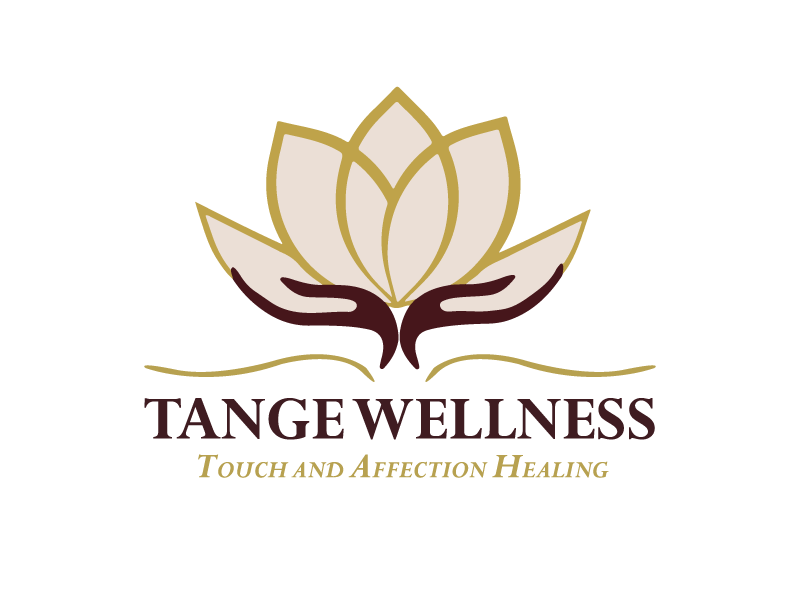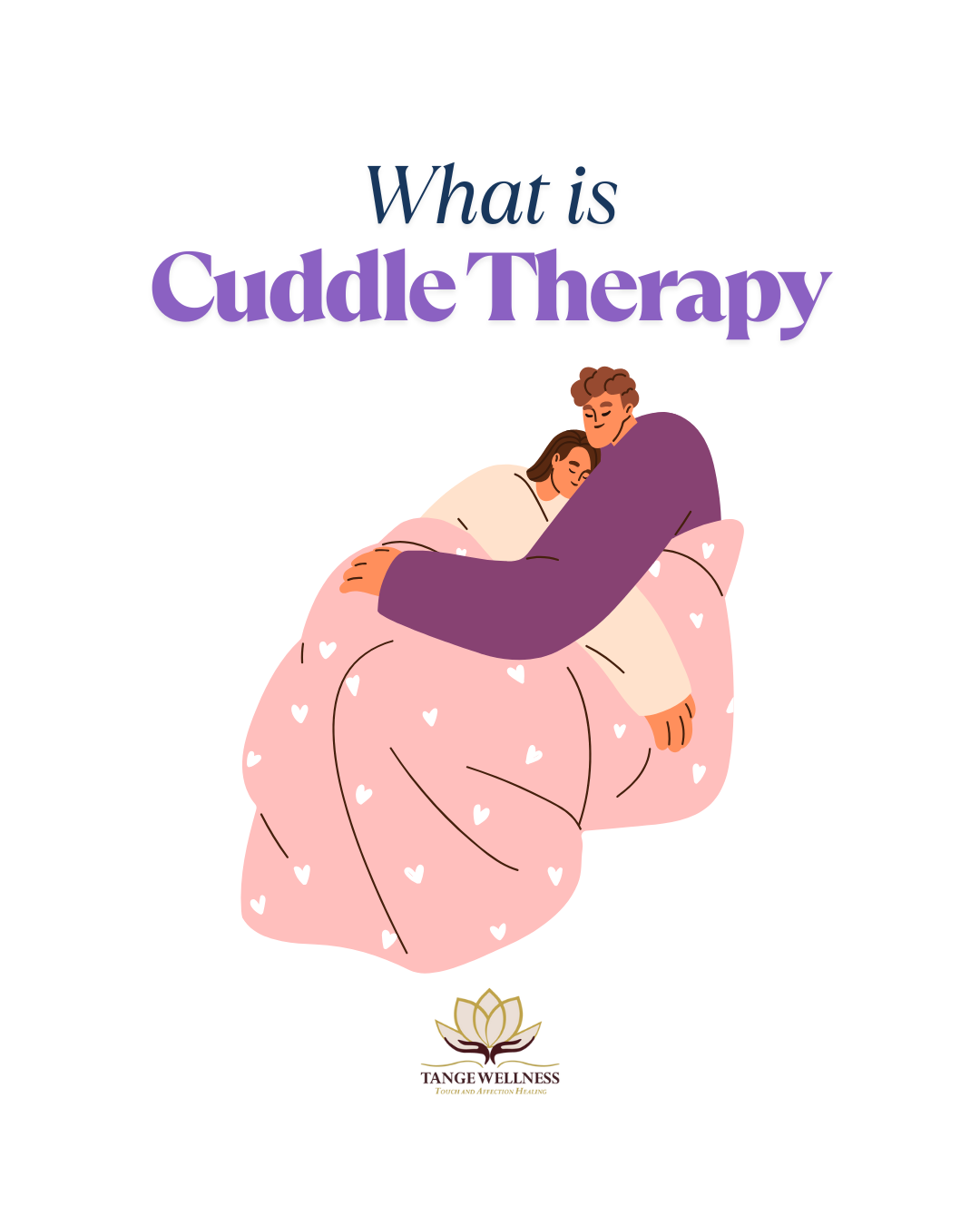Ongoing consent, clear roles, and paced touch help the nervous system settle. When the body knows what is happening and why, it can stop bracing and start receiving.
All in Cuddle Therapy
What New Research Reveals About Professional Cuddling
Consent leads every step of a professional cuddle session. New research on professional cuddling shows how clear expectations, ongoing inquiries, and kind “no’s” make platonic touch healing and safe.
What Is Bidirectional Therapeutic Touch
Most touch-based healing modalities focus on receiving, but what happens when we allow ourselves to give? Bidirectional therapeutic touch invites mutuality into the healing space restoring confidence, calming the nervous system, and helping us rewrite our relationship with touch.
Learning to Feel Safe in Your Body Again
For trauma survivors, touch can be both a longing and a landmine. I want to explore how cuddle therapy helps you reconnect with your body, honor your boundaries, and rebuild trust, one moment at a time.
A Trauma-Informed Approach to Healing Through Touch
Cuddle therapy is more than comfort, it’s a space to feel safe, held, and fully human. In this blog, I explain how trauma-informed touch can support healing, nervous system regulation, and a deeper sense of connection.
When Giving Feels Like Connection
Sometimes the deepest healing comes not just from being held but also from having our giving received with open arms. In this blog, I reflect on a client’s experience of mutual touch, and what it reveals about connection, appreciation, and desire.
Safety Isn’t Always Comfortable and That’s Okay
Ever felt your body tense up even though you knew you were safe? You’re not alone. In this blog, I explore the difference between comfort, safety and why that distinction matters deeply in healing work like cuddle therapy.
A Workshop That Brought Me to Tears
This workshop cracked me open in the most beautiful way. I cried, I connected, and I came home to myself. Here’s what I learned from three days of vulnerability, embodiment, and radical self-compassion.
Benefits of Training in Cuddle Therapy
Becoming a cuddle therapist is more than simply offering hugs as a service. We are creating a safe, nurturing, non-judgemental space for you to show up as you are. Without training, how can you be sure you’re prepared for the emotional complexities of this work? I want to explore why professional cuddle training matters.










